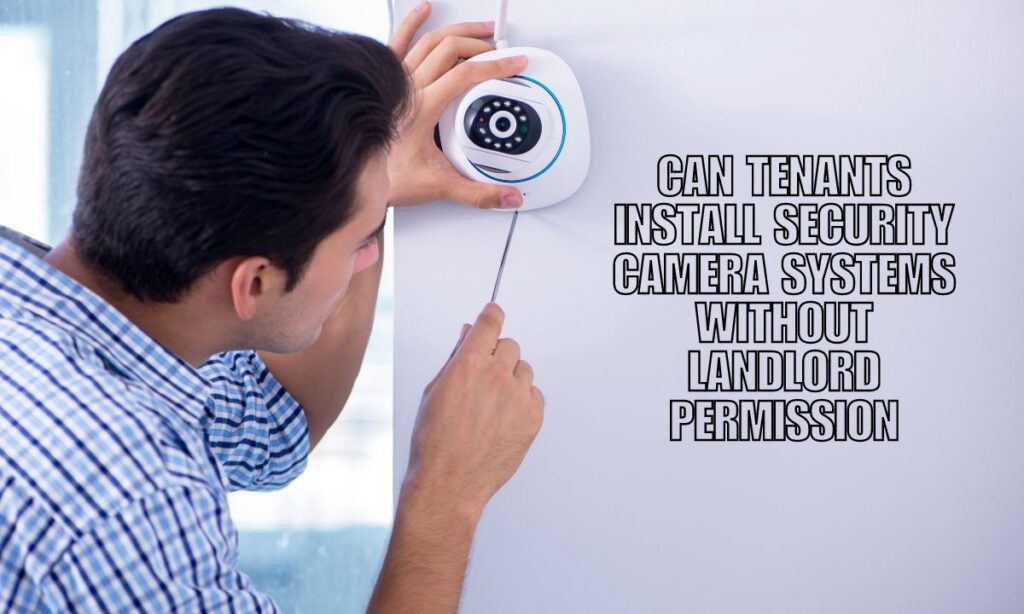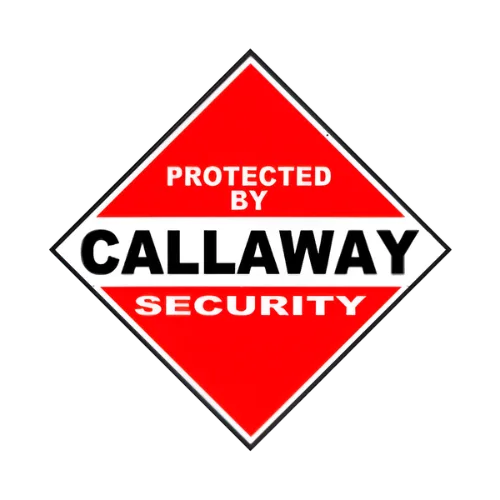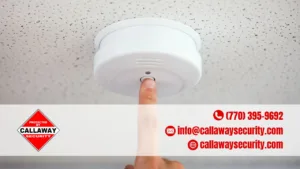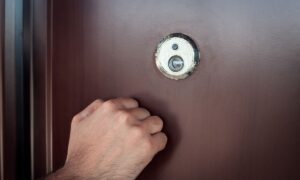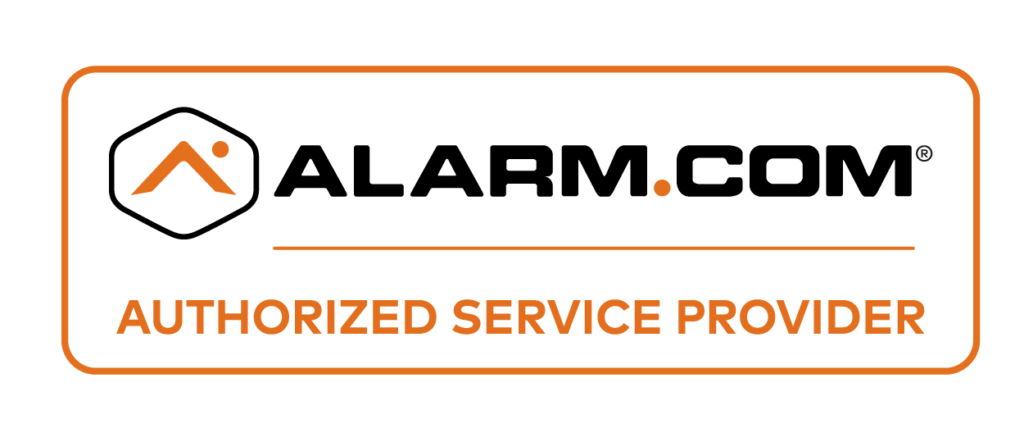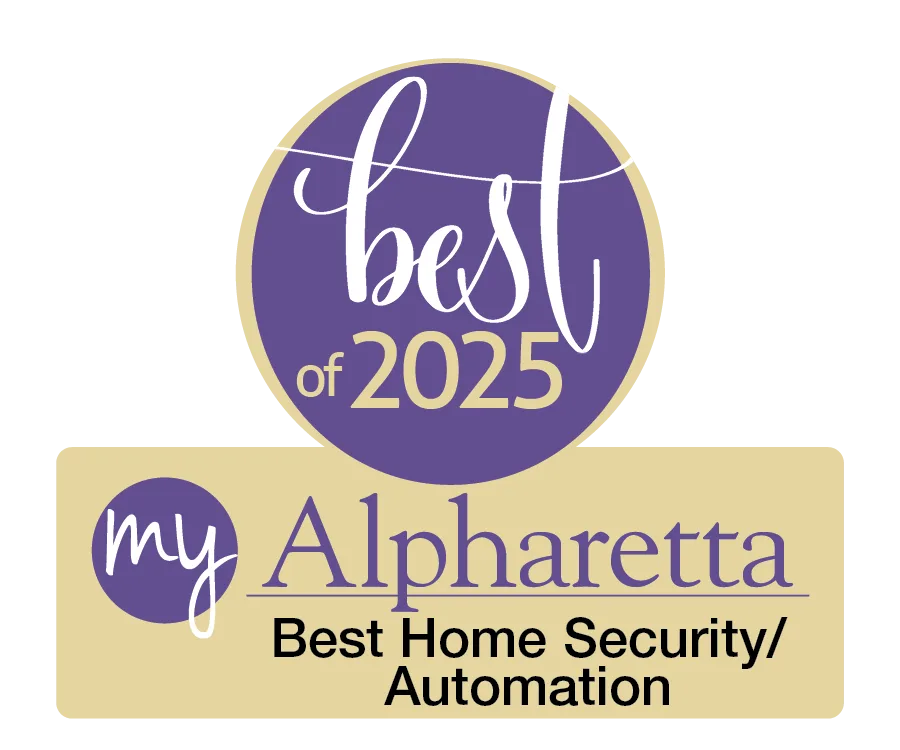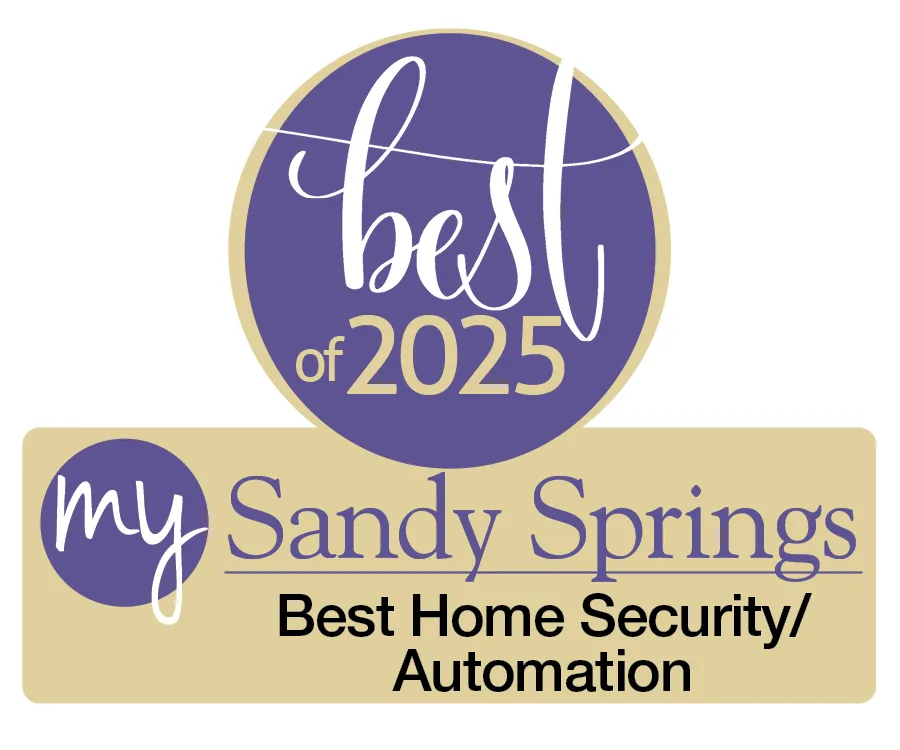Tenants generally have the right to install security cameras inside their rental units without needing their landlord’s permission. However, when it comes to installing cameras outside the unit—such as in hallways, common areas, or exterior walls—landlord approval is typically required.
Security is a priority for many tenants, but privacy laws, lease agreements, and property rights create a complex landscape. Knowing the rules helps avoid disputes and ensures compliance with local regulations.
Key Takeaways:
- Indoor cameras are allowed as long as they don’t record shared spaces or violate privacy laws.
- Outdoor security cameras require landlord approval since they may affect the property’s exterior and common areas.
- Lease agreements often contain clauses about modifications or installations that may restrict security camera placement.
- Local and state laws impact security camera installations, especially regarding audio recording in two-party consent states.
- Unauthorized installations can lead to penalties, such as withheld security deposits or lease violations.

Understanding Tenant Rights for Security Cameras
Indoor Camera Installations: Allowed With Restrictions
Tenants can usually install security cameras inside their homes without landlord permission. However, there are some important factors to consider:
- Privacy Laws: Cameras must not record roommates, guests, or anyone in private spaces like bathrooms or shared living areas.
- Lease Terms: Some leases may have clauses that restrict modifications, including drilling or mounting devices on walls.
- Two-Party Consent Laws: If the camera records audio, states with two-party consent laws require that all recorded individuals be aware and provide consent.
- Wireless vs. Wired Cameras: Using wireless cameras that don’t require drilling or electrical work is generally acceptable.
Outdoor Camera Installations: Permission Required
Installing cameras outside the rental unit—such as on doors, exterior walls, or in parking lots—usually requires landlord approval.
- Property Rights: Landlords control external property modifications, even if the camera is pointed at a tenant’s own door.
- Common Areas: Hallways, stairwells, and shared spaces are typically off-limits for private security installations.
- Building Aesthetics & Structural Impact: Some landlords prohibit exterior cameras to maintain uniform building appearance.
- Legal Liability: Unauthorized modifications could expose landlords to liability risks, such as claims of tenant harassment or privacy invasion.
Factors to Consider Before Installing Security Cameras
1. Lease Agreement Terms
Most lease agreements have provisions regarding modifications and installations. Check for:
- Alteration Clauses: These sections often state whether changes to the property require written approval.
- Security and Surveillance Policies: Some leases explicitly prohibit recording devices in common areas.
- Damage & Restoration Requirements: If modifications are made, tenants may be required to restore the property to its original state.
2. State & Local Laws
Security camera laws vary by location. Important legal considerations include:
- Audio Recording Restrictions: States like California and Florida require two-party consent for audio recordings.
- Tenant Privacy Rights: Some jurisdictions restrict the use of surveillance equipment that may indirectly record other tenants.
- HOA or Apartment Complex Rules: If the property is part of an association, additional restrictions may apply.
3. Property Damage & Security Deposits
Installing cameras that involve drilling, wiring, or altering walls may result in security deposit deductions. To avoid issues:
- Opt for removable, battery-powered, or adhesive-mounted cameras.
- Get written landlord approval before making modifications.
- Take photos before and after any installations to document the condition of the property.
4. Landlord Liability & Insurance Concerns
Unauthorized security cameras could expose landlords to liability concerns, including:
- Privacy Violations: If other tenants feel their privacy is being compromised, legal action may follow.
- Insurance Policy Conflicts: Some property insurance policies have restrictions on unauthorized modifications.
- Vandalism & Tampering Risks: Outdoor security cameras may become targets for theft or damage.
Best Practices for Tenants Installing Security Cameras
To ensure compliance and avoid conflicts:
✅ Review Lease Terms – Check for clauses regarding security cameras or alterations.
✅ Use Wireless or Adhesive Cameras – Avoid drilling or making permanent modifications.
✅ Get Written Landlord Approval – If installing external cameras, document consent.
✅ Follow Privacy Laws – Avoid recording shared spaces or common areas.
✅ Consider Alternative Security Measures – Motion sensors or smart locks may be effective solutions.
Additional Information & Considerations
- Smart Doorbells as an Alternative: Some landlords permit Ring or Nest doorbells instead of traditional cameras.
- Legal Penalties for Unauthorized Installations: Tenants violating lease terms could face eviction warnings or legal action.
- Landlord-Installed Security Systems: Some properties have pre-installed security measures that tenants can request access to.
- Tenant-Landlord Negotiation Tips: Offering to share access to security footage may help in gaining approval.
Frequently Asked Questions (FAQs)
Can I install a security camera inside my rental without permission?
Yes, as long as the camera doesn’t record common areas or violate privacy laws.
Do I need my landlord’s approval to install an outdoor camera?
Yes, because exterior walls, hallways, and shared spaces are usually under the landlord’s control.
Can my landlord prevent me from using indoor security cameras?
Generally, no. However, they may enforce rules against cameras that cause property damage or violate lease terms.
What are my options if my landlord denies my request for outdoor cameras?
Consider alternative security measures like smart locks, motion sensors, or alarm systems.
Can my landlord install security cameras that monitor my unit?
Landlords can install security cameras in common areas, but they cannot place them inside a tenant’s private rental unit.
Know Your Rights, Communicate, and Secure Your Space
While tenants generally have the right to install indoor security cameras, outdoor installations require landlord approval due to property rights and liability concerns. The best approach is to review your lease, check local laws, and maintain open communication with your landlord. By taking these steps, tenants can enhance their security without violating lease agreements or legal regulations.

